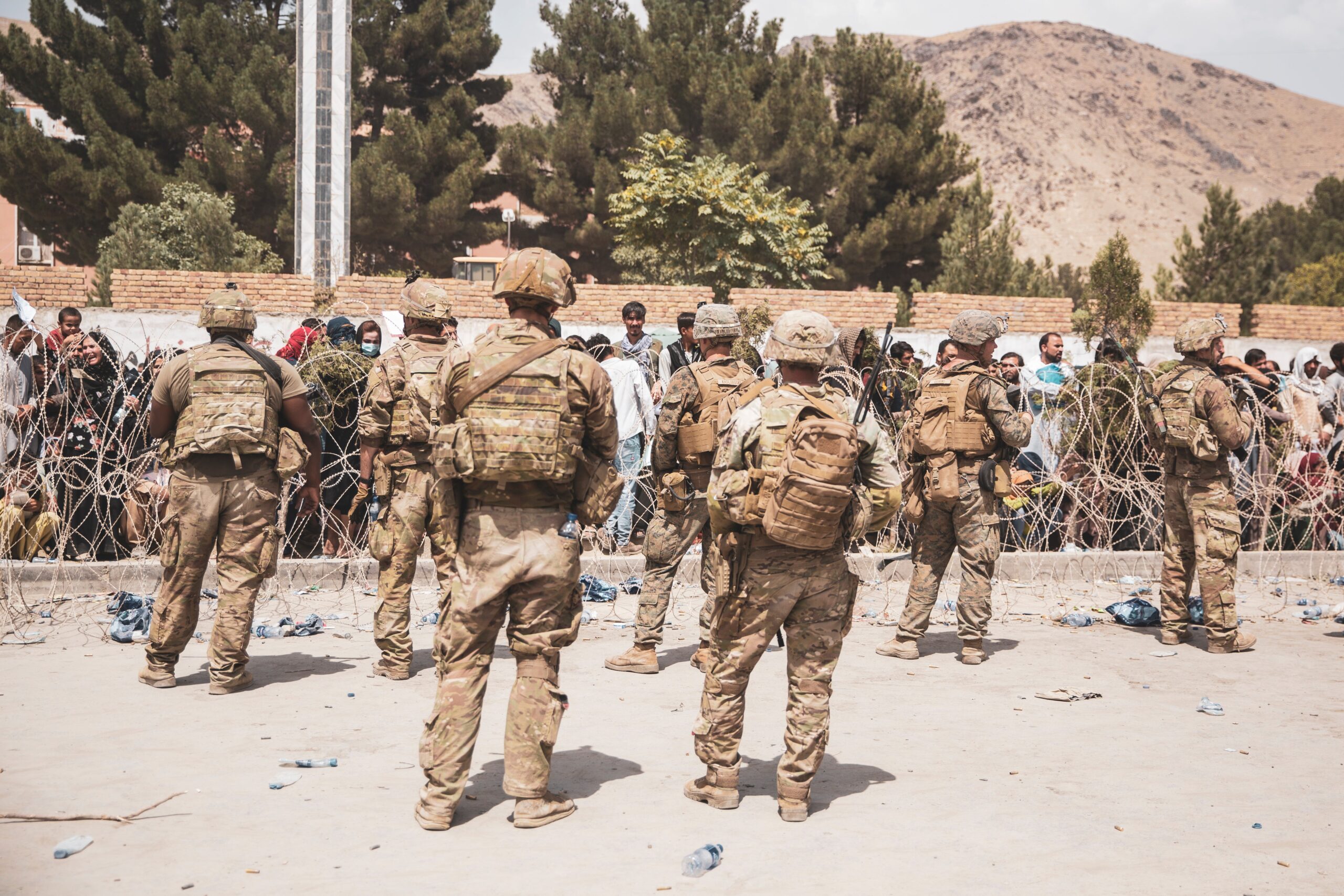- June 23, 2025
Iran Notified U.S. and Qatar Ahead of Missile Strike, Hinting at Diplomatic Calculations Behind the Attack

In a surprising development following heightened tensions in the Middle East, U.S. officials have confirmed that Iran notified both the United States and Qatar hours in advance of its recent missile strike on U.S. military bases in Iraq. The advance warning appears to have been a calculated move aimed at minimizing casualties and possibly opening a door to future diplomatic engagement.
According to multiple sources familiar with the situation, Iran communicated its plans through diplomatic backchannels, likely including its allies in Baghdad and the Qatari government, to ensure the United States had enough time to move personnel into safe zones. As a result, no American service members were reported killed in the attack.
U.S. intelligence analysts and administration officials now interpret the Iranian missile strike as a carefully choreographed act of “theater”—designed more for domestic consumption than for inflicting damage. By striking a U.S. military base while minimizing casualties, Tehran is believed to be trying to walk a fine line: showing strength to its own citizens while avoiding direct escalation with Washington.
“This appears to be an offering—a symbolic attack that allows Iran to save face at home while signaling a desire to avoid full-scale conflict,” one senior administration official said.
In response, President Trump has reportedly decided not to retaliate militarily. Officials say the White House views the Iranian strike as largely symbolic and does not see it as a justification for further escalation.
“The fact that they warned us ahead of time tells you everything you need to know,” a U.S. defense official said. “This was a performance, not a provocation.”
The decision not to respond with force marks a significant moment in U.S.-Iran relations, possibly hinting at a new phase of behind-the-scenes diplomacy. Analysts suggest that this incident could represent a turning point—an unspoken agreement by both nations to de-escalate hostilities, at least temporarily.
Still, the situation remains fragile. Iran’s domestic messaging has framed the missile strikes as a powerful act of revenge and defiance against U.S. presence in the region, following months of rising tensions. However, the calculated nature of the strike suggests a leadership keenly aware of the risks of direct conflict.
With both sides stepping back from the brink, there may now be a narrow but real opportunity for diplomacy—an opening created not through traditional negotiations, but through the restrained choreography of conflict.

